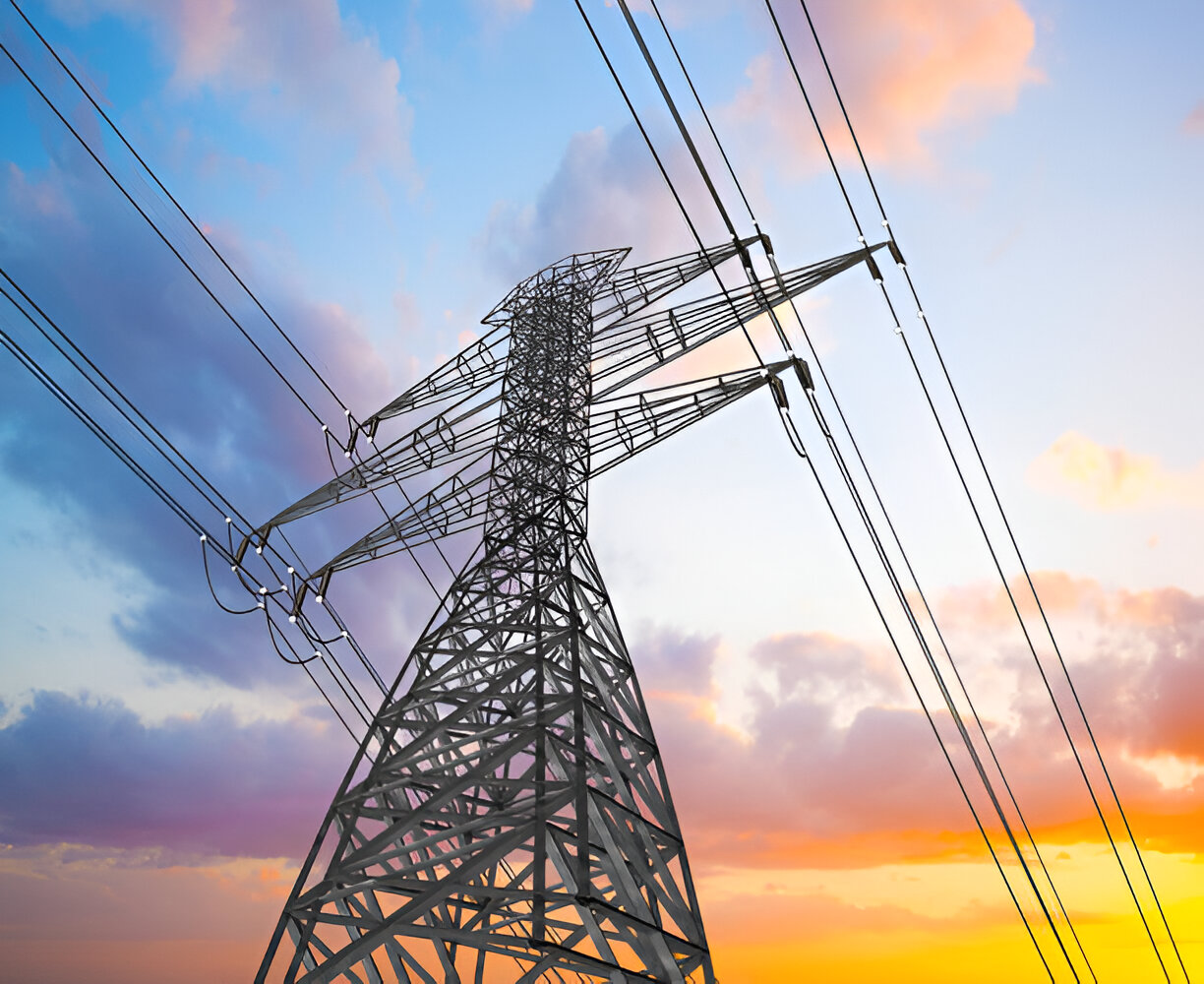In today’s volatile energy market, making the right decision for your business energy needs can mean the difference between steady savings and unnecessary expenses. Enter the energy broker—a professional who does the heavy lifting by sourcing and negotiating energy contracts on your behalf. But with a crowded field of service providers across Australia, how do you choose the right one?
This guide breaks down what a business energy broker actually does, what makes one better than another, and how to compare your options intelligently—without getting buried in jargon or vague sales talk.
What Does an Energy Broker Actually Do?
At its core, an energy broker acts as a middleman between businesses and energy retailers. Instead of spending hours contacting providers and decoding rate sheets, you can rely on a broker to:
- Assess your current electricity or gas usage
- Approach multiple energy retailers on your behalf
- Negotiate rates and contract terms
- Present the best options in simple terms
Think of them like a mortgage broker—only instead of helping you find a home loan, they help you secure a better electricity or gas deal.
But not all brokers offer the same level of service or transparency. This is where comparison becomes critical.
Signs of a Quality Business Energy Broker
You’re trusting someone to act in your business’s financial interest, so transparency and credibility are non-negotiable. A trustworthy energy broker should be upfront about:
- Commission structure – Do they get paid by the retailer, or do you pay a flat fee?
- Retailer panel – Are they offering deals from all major energy retailers or just a select few?
- Contract flexibility – Do they push you toward long-term deals, or do they present short-term options too?
- Ongoing support – Can they assist you if a billing issue arises or if market prices drop mid-contract?
A broker worth considering won’t just chase commissions—they’ll help you compare providers fairly and act in your interest.
How to Compare Energy Brokers in Australia
If you’re reviewing multiple providers, here’s a practical checklist to work through:
1. Transparency on Retailers and Rates
Make sure the broker discloses which energy companies they deal with. A energy broker offering you only one or two choices might not be showing you the full picture. You want wide coverage—ideally including both major and independent retailers.
2. Look for Independent Comparisons
Brokers that publish performance metrics or offer side-by-side breakdowns make it easier for you to judge whether their deals actually stack up. See this authoritative guide on choosing the right energy consultant from the ACCC for more tips on vetting providers.
3. Watch Out for Locked-In Deals
Some brokers funnel clients into restrictive long-term contracts that only benefit the retailer. Always check how easily you can exit or switch plans mid-contract—and whether the broker gets bonuses for locking you into longer terms.
4. Check What Happens After You Sign
Do they check in periodically to ensure you’re still on the best rate? Some brokers disappear the moment the deal is done. Others provide ongoing support, including usage tracking and alerts when it’s time to renegotiate.
Why Comparing Isn’t Just About Price
While price is important, the cheapest rate isn’t always the best long-term choice. Some deals may have hidden fees or complex usage thresholds that drive up your actual bill.
Good brokers will present a total cost analysis rather than just the base rate per kWh. They’ll factor in:
- Demand charges
- Daily supply fees
- Peak/off-peak usage patterns
Understanding this total picture helps you avoid misleading “low-rate” offers that actually cost more over time.
Real-World Example: Small Business Owner in NSW
Consider Mark, who owns a chain of five cafés across Sydney. He used to negotiate energy deals himself, switching retailers every two years. But after one particularly high winter bill, he sought the help of a energy broker.
Instead of sticking with the cheapest offer, his broker analysed each café’s usage patterns and sourced a blended contract that optimised costs across all sites. Mark ended up saving around 18% annually—not just from a lower base rate, but from smarter load balancing and flexible billing options.
This kind of outcome is what differentiates a run-of-the-mill broker from one who understands the nuances of small business energy consumption.
Are You Comparing Apples With Apples?
Some brokers compare only headline rates. Others go deeper into tariff structures, metering options, and demand forecasting.
Here are a few questions to ask when comparing:
- Are you comparing plans on a like-for-like basis, including network and metering fees?
- Does the broker help with energy efficiency advice or just the contract?
- Will they help you if your usage suddenly changes (e.g., new site, higher demand)?
Asking these questions puts you in the driver’s seat and reduces the risk of buyer’s remorse.
Final Word: Don’t Rush the Decision
Choosing an energy broker shouldn’t be a five-minute phone call. Treat it like hiring a strategic consultant for your business.
Take time to compare, ask questions, and read independent breakdowns like this energy broker comparison. It’s not about picking the cheapest quote—it’s about long-term value, control, and making sure your provider works for you.

